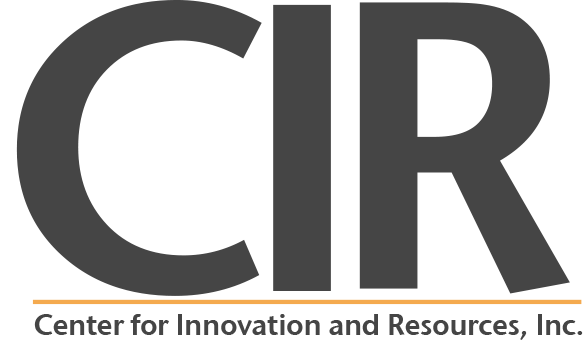I recently attended a training on Leading People and Organizations in Times of Change presented by Jarrod Schwartz and it has changed the way that I look at transition/change in the workplace. It’s not that I didn’t think about how change is difficult for people, including myself, but what I failed to think about is why it’s difficult.
The key takeaways that I got from this training are:
· Defining change vs transition. Change is situational and external, it is something that starts and stops. Transition is an internal process we go through to adapt to change. What I realized is that it’s not always necessarily the change that people are resistant to, it's the process that creates the most anxiety. If we as leaders do not identify the changes taking place and/or there are not clear, streamlined processes when a change is occurring, that can create a lot of chaos and confusion within the team. It can lead to feelings of inadequacy, skepticism, and anger. Humans are creatures of habit, when a change is creating anxiety, we have a tendency to want to revert to the old way because it is familiar, even if it is a change that we wanted.
· Identifying and acknowledging losses. I loved this training because it was very engaging, we spent a lot of time discussing as a large group and in small groups. One of the conversations we had was the loss and grief that comes with change and how we can soften or reinvent the losses. This is something that I had not thought about before and if I am being honest with, this is probably the area as a leader that is the most challenging for me to navigate. I acknowledge and respect past systems and content experts/staff but that is where it stopped for me. I did not spend the time thinking about the things that I could do to redefine the loss. As I reflected on some of the big changes that have happened at CIR over the years, I can see that there were things that I could have done to help others navigate the transition.
· Neutral zone. The neutral zone is a term I have never heard of. Mr. Schwartz outlines 3 stages of transition; ending, neutral zone, and new beginnings. The neutral zone is the in-between time, it is the time when the old way is gone, but the new way does not feel right either. The key thing I took from this is that everyone navigates through the 3 stages of transition at different times, some people stay in the neutral zone for a long time and it is my job as a leader to help them get through this stage.
· Resistance. I have always seen resistance as a bad thing and Mr. Schwartz helped me realize that resistance is a type of commitment. It is predictable, he says we should find ways to engage in it. He encouraged us to anticipate who and where we would get resistance from, and most importantly to reflect on what they may be trying to protect. As a person who is extremely loyal, this really resonated with me. Moving forward, I am going to embrace resistance and think about ways to engage it or transform it.
If you are local to Ventura County I highly recommend you attend this training, it truly has shifted the way that I am navigating changes at work. I have already started implementing some of these practices into my work and have seen positive results.

